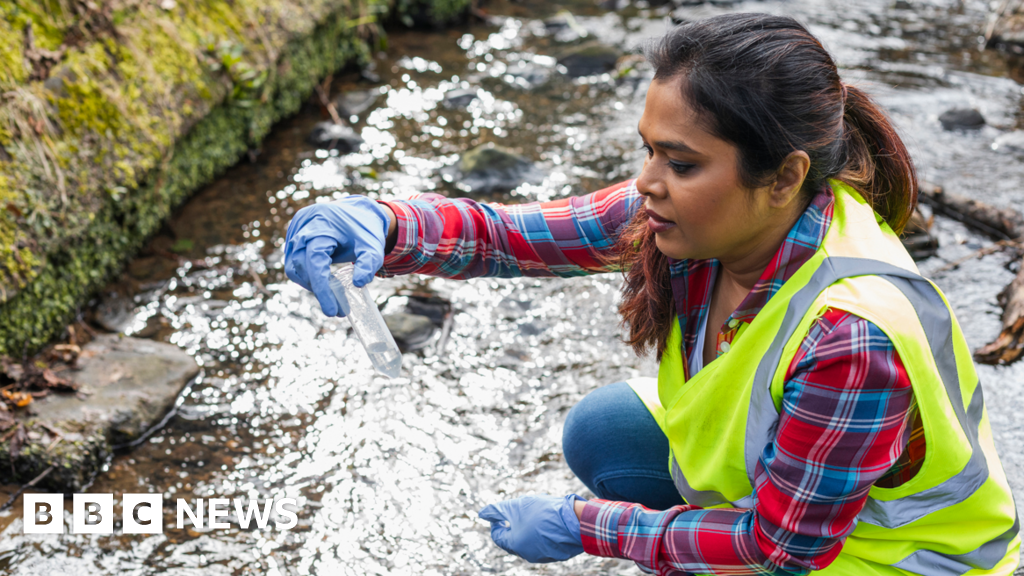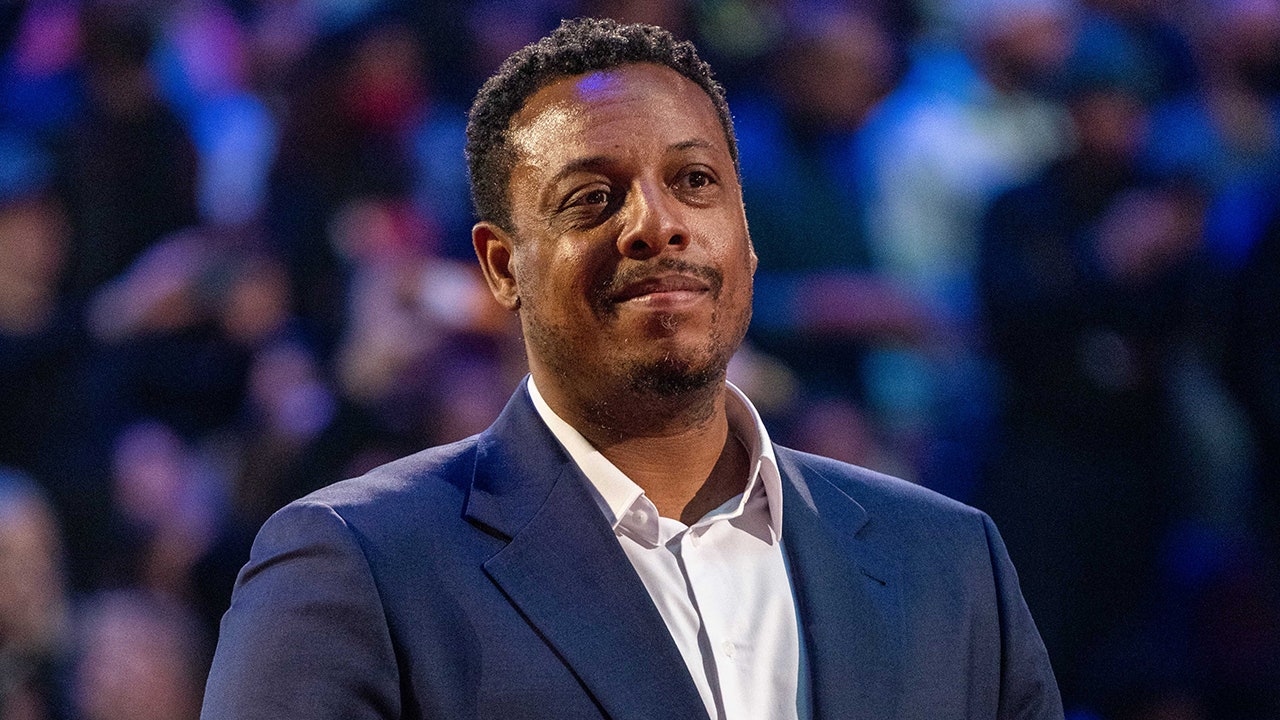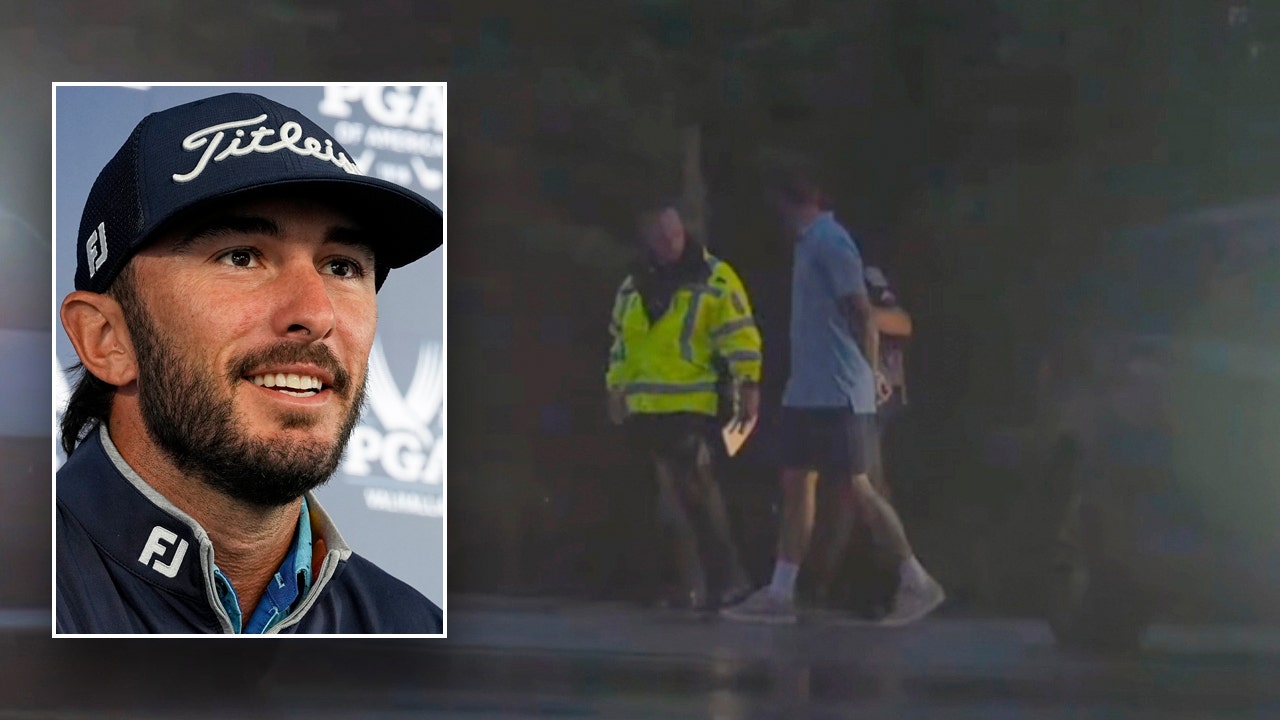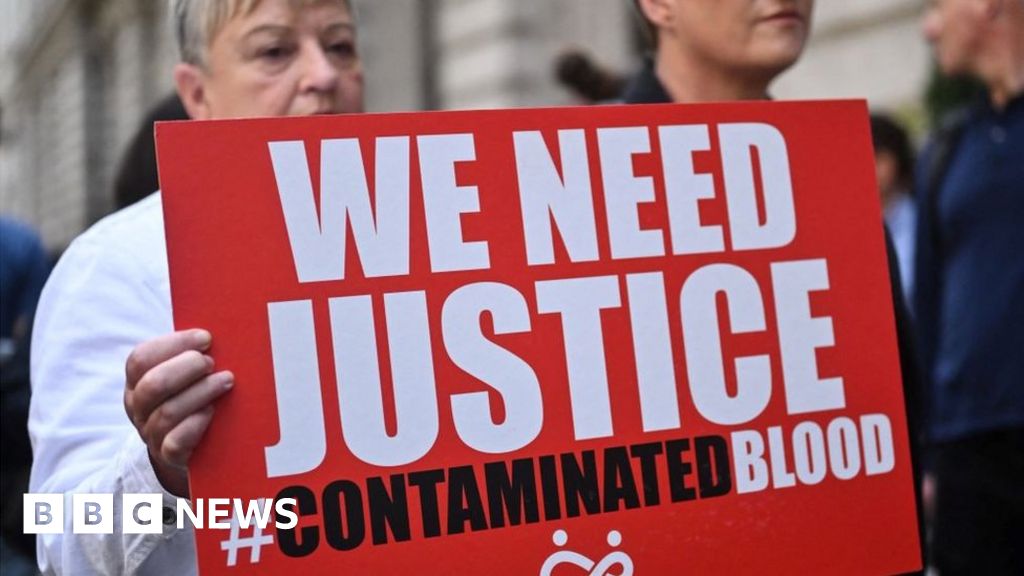The heavy fire in the vicinity in recent days and the pullout of major international medical organizations sparked a panic among displaced civilians sheltering at the facility, prompting many of them to flee yet again in search of relative safety, eyewitnesses told The Washington Post.
“Due to extreme fear, a large number of displaced people who were present in the hospital’s courtyards dismantled their tents yesterday evening and this morning, and headed toward the city of Rafah,” Ashraf Abu Amra, a freelance journalist stationed at the hospital, said in a voice message Monday. By evening, 35 bodies had arrived at the hospital, he said, “because it is the only one that covers the entire central regions.”
Hospitals have frequently been the focus of Israeli attacks in Gaza over the past three months of fighting. Israel began a gradual drawdown of troops in northern Gaza late last month, saying it had largely disabled Hamas operations in that part of the enclave. Widespread attacks continue throughout central and southern Gaza, where hundreds of thousands of civilians have taken refuge.
Israel is under growing international pressure to rein in its military campaign and facilitate the delivery of more aid to the besieged enclave as the situation becomes more dire.
Speaking to British and French counterparts at the start of Italy’s presidency of the Group of Seven wealthiest nations, Italian Foreign Minister Antonio Tajani said it was “an absolute necessity is to curb the number of Palestinian civilian casualties immediately,” according to a readout of the call. “A second objective is to put pressure on the Israeli government to end military operations” and push for the “difficult but inescapable” two-state solution.
Secretary of State Antony Blinken is touring the region this week to try to stave off a broader war, with stops in Saudi Arabia and the United Arab Emirates on Monday after meetings in Turkey, Greece, Jordan and Qatar. He is scheduled to head to Israel on Monday night.
Tensions along the Israeli-Lebanese border are simmering, with regular cross-border attacks between Israeli forces and militants in Lebanon stirring fears in the Biden administration about the opening of another front on Israel’s northern border.
Hezbollah, Lebanon’s most powerful militant group and political party, announced Monday the killing of one of its commanders in the south — the first disclosure of a top-ranking official being killed in the cross-border exchanges of fire. The IDF declined to comment on the strike.
The World Health Organization highlighted the plight of Palestinians in central Gaza as the last hospital performing surgeries looked set to go out of commission. In a statement Sunday, Director General Tedros Adhanom Ghebreyesus said only five doctors remained to treat the wounded, with no food, scant medical supplies and no assurance that they would be protected from attack.
The WHO “has received troubling reports of increasing hostilities and ongoing evacuation orders near the vital Al-Aqsa Hospital,” he wrote. A team from the WHO visited the hospital Sunday and “saw sickening scenes of people of all ages being treated on blood-streaked floors and in chaotic corridors.”
“An unidentified child lay dead, partially covered by a sheet, on a bed. Other injured were prostrate on the floor, being stepped over by the health staff and families. A man’s harrowing groans, either from pain or anguish, cut through the emergency ward’s commotion,” he added.
As of Jan. 3, before the exodus from Al-Aqsa Hospital, only 13 out of Gaza’s 36 hospitals were partially functional, according to the WHO — nine in the south and four in the north.
Bob Kitchen, vice president for emergencies and humanitarian action at the International Rescue Committee, told The Washington Post that IRC and MAP had decided to pull out their joint emergency medical team from Al-Aqsa Hospital after fighting in the area “got hotter and hotter” and bullets pierced the doctor’s room and the intensive care unit last week.
“We were able to make it through the end of that day, but it was evident … that the Israelis had placed the hospital in the red zone and were moving further south,” he said.
The number of casualties arriving there has surged in recent days as Israeli forces intensified their attacks on Deir al-Balah, a focal point over the past month in their drive toward southern Gaza. The hospital was still operating as of Monday, according to the Gaza Health Ministry.
“There are patients clearly dying in the emergency department who could be saved if there were enough staff,” Nick Maynard, a surgeon and clinical lead for the IRC and MAP emergency medical team, said in a statement.
The IDF press office said it was “checking” on reports that fighting and bombardment in the vicinity had forced civilians and medical workers to flee Al-Aqsa Hospital.
Israeli forces have repeatedly targeted hospitals in Gaza, claiming Hamas militants use them to store weapons, command operations and hide hostages. In a highly scrutinized operation in November, Israeli forces besieged and raided the enclave’s largest medical complex, al-Shifa, in northern Gaza, which they alleged Hamas had used as a command and control hub.
U.S. intelligence officials last week offered fresh details which they said backed up their assessment that Hamas had used the facility as a command center. A Post investigation last month found that evidence presented by the Israeli government fell short of proving claims about the militants’ use of the facility.
The IDF has not issued evacuation orders for Al-Aqsa Hospital itself, Gazans at the hospital told The Post on Monday. But with the departure of the last surgeons in recent days, patients in central Gaza who need surgery will have to head miles away.
Hospitals in the south “have reached their capacity to accommodate the wounded in both departments and intensive care,” the Gaza Health Ministry said Monday. “There is massive overcrowding, with hundreds of injured individuals forced to sleep on the floors of corridors and squares.”
The Hamas-run government media office also reported that two more journalists, Abdullah Buris and Muhammad Abu Dayer, were killed by Israeli bombing in the Gaza Strip on Monday. At least 79 journalists and media workers have been killed since the start of the war on Oct. 7, according to the Committee to Protect Journalists.
The death of Hezbollah commander Wissam Hasan Tawil on Monday is the latest casualty in the simmering clashes taking place along Israel’s northern border with Lebanon.
So far, 135 Hezbollah members have been killed since Oct. 7, a Washington Post tally found. Israeli bombardments have also killed at least 19 Hezbollah members in neighboring Syria, the organization told The Post.
Reuters reported that Tawil was the deputy head of a unit within Hezbollah’s elite Redwan force, adding that he was killed alongside another Hezbollah fighter when their car was hit in a strike on the Lebanese village of Majdal Selm. The Post could not verify the report.
Hasan Nasrallah, Hezbollah’s leader, warned Israel in two speeches last week that waging a war on Lebanon would be “very, very, very costly.”
Dadouch reported from Beirut, and Harb from London. Mohamed El Chamaa in Beirut, Steve Hendrix in Jerusalem and Hazem Balousha in Amman contributed to this report.















































